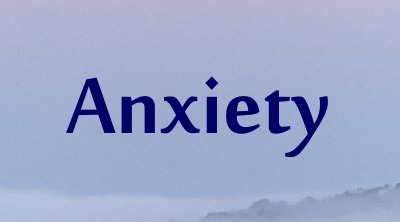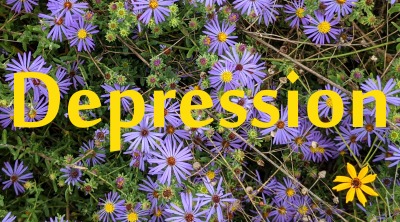This site provides a number of resources from mindfulness-based cognitive-behavioral therapy (MCBT) methods to help you cope with life problems and to become the best person you can be.
Sometimes this site can be overwhelming because there are so many resources. The following are some general guides to help you start. Then, select the categories that are most relevant to your situation.
-
Resources
- “Which Coping Strategy Should I Use?”
- How Do We Change Irrational Thinking?
- What to Expect from Mindfulness-based Cognitive-Behavioral Therapy (MCBT) When You Have Depression and Anxiety
- Did You Know Psychotherapy has Stronger Scientific Evidence than Many Common Medical Procedures?
- Why Are Meditative Relaxation and Mindfulness Important?
- App: CBT Tools for Healthy Living
Quieting Anxiety Podcast
CBT Tools for Managing Anxiety and Stress
Whether you're dealing with chronic anxiety, panic disorder, or just want to improve your ability to manage daily stress, these episodes provide practical tools you can apply in real-life situations.
-
Podcast Info
- Quieting Anxiety
-
App Info
- Quieting Anxiety: CBT Tools


-
Audios
- Depression Assistance and Education
- Managing Insomnia
- Mobilizing Your Body's Resources: Healing from Illness or Injury
-
Articles
- I'm Depressed. I'm Overwhelmed. Where Do I Start?
- “Are You Depressed?”: Understanding Diagnosis and Treatment
- All depression articles
Don't Accept Criticism Without Evaluating the Source

How can criticism overload be avoided?
One of the best ways to avoid criticism overload is to evaluate it before accepting it. This can be difficult to do because you need to listen to the criticism to evaluate it which can cause distress and affect self-esteem. However, one way to decrease the amount of criticism you absorb is to first evaluate the source of the criticism before even listening to it. Read more...


Analyzing Your Moods, Symptoms, and Events with Excel At Life's Mood Log

“What triggers my stress?”
“When am I not as depressed?”
“Are my headaches associated with certain places or people?”
“Is my treatment effective?”
The Mood Log feature of the app not only gives you a place to record your daily moods but it will provide an analysis of how different activities or events can impact your moods. Read more...



Questionnaires

- Cognitive Styles Test: Learn about your thinking styles to improve your life
- Your Happiness Assessment: Discover what interferes with your happiness
- General Self-efficacy: Your belief in your abilities
- Self-Esteeem: What is the attitude you have towards yourself?
- Perceived Control Scale: Assess the degree of control you believe you have
- Perfectionist or Efficient? Does perfectionism interfere with your life?
- CES-Depression: Do you have depression?
- Social Anxiety: Assess your degree of social anxiety
- List of PsychTests




-
Articles
- When Is Jealousy Irrational?
- What to Do When Your Jealousy Threatens to Destroy Your Marriage
- Jealousy: When the Damage is Done
- What to Do When Your Partner's Jealousy Threatens to Destroy Your Relationship
- Rejection Sensitivity, Irrational Jealousy, and Impact on Relationships























